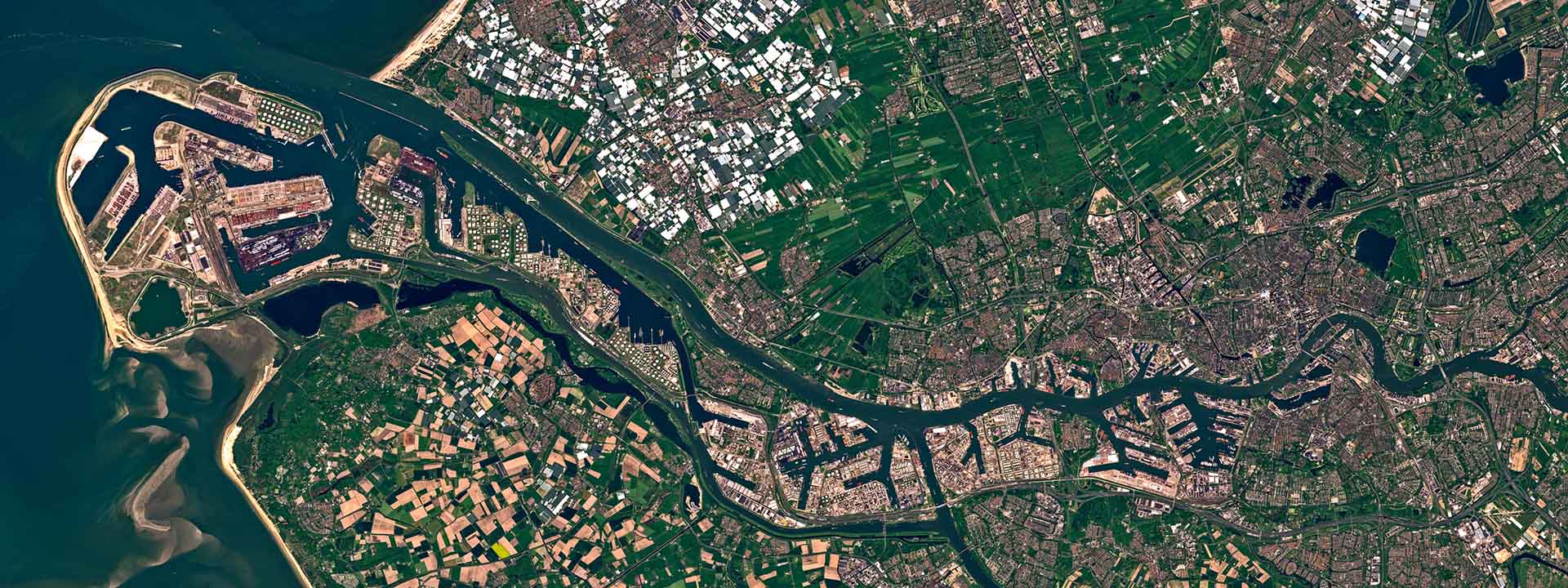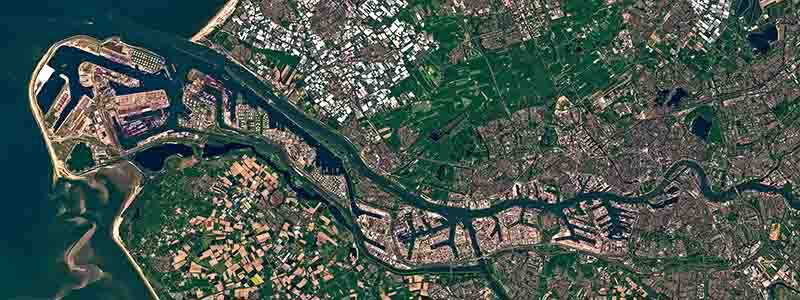

Cities around the world rely on transit systems to get residents to work, school and around town — efficiently and on time. But not all systems are created equal.
Closed-loop systems require riders to purchase or reload a transit card every time they need to hop on a bus or catch a train or ferry. Most public transit riders, according to a recent Visa survey, are using four or more payment methods a month to travel on more than one system (such as a train connecting to a bus). And if that metro card or ticket is lost or stolen, the commuter is out of luck, and money.
But there is another, better way.
Enter open-loop payments.
Open-loop systems based on the EMVco standard for contactless payments offer a more convenient, efficient and cost-effective alternative. No tickets, no paper, no cash — and no waiting in a queue. Instead, riders can use their smart device or the same contactless credit, debit, or prepaid card they use for everyday purchases to tap and ride — from bus to train to ferry and beyond.
One Visa report found that 94 percent of transit riders expect public transit to offer contactless payments moving forward,¹ and another found that, of transit agencies that do not currently have open-loop technology, 83 percent plan to implement it (70 percent within the next two years).²
Many cities around the world are already leveraging open loop systems. Visa has helped launch more than 750 contactless public transit projects worldwide, from Vancouver to Osaka to Rio de Janeiro, lowering ticketing overhead, increasing ridership and improving passenger experiences.
But what happens when an entire country adopts open loop transit?
The Netherlands offers a glimpse at the open loop future of public transit.
With a tap, go anywhere you want to go.
Recently, the Netherlands introduced OVpay nationally, making it one of the first countries in the world to adopt open loop ticketing solutions on a national level.
What this means is that, for the country’s nearly 4 million transit riders to get from point a to point b, all it takes is a tap. Riders can tap their preferred payment device against a card reader or gate when entering the station or vehicle to “check in” and then do the same to checkout when they arrive at their destination, anywhere in the country. The payment is then calculated and debited from their bank account the next day. The backend systems of open loop ticketing automatically debit the best price for the journey, helping to reduce costs and removing the complexities of downloading apps.
Open loop payments contribute to making the public transportation system in the Netherlands one of the most efficient and well-connected systems in Europe, with millions of passengers traveling across the country every day. Cities across the country benefit from simplified systems and reduced carbon emissions, while public transit operators enjoy increased efficiency, cost savings and valuable data-driven insights. These systems promote financial inclusion too by offering options like pre-paid cards for un- and under-banked riders to participate in the digital economy.
To facilitate nationwide fare collection, a cooperative of public transport companies in the Netherlands founded Translink, the payment heart of the Dutch public transport system. Translink acts as the merchant of record for all operators in the country, helping to ensure a seamless experience — and freeing up operators to focus on their core competency: moving people from place to place. Translink also generates travel and transaction insights, which enables policymakers to make evidence-based decisions.
The substantial increase in tap on OVpay — from 7.3M in April 2023 to 22M in December 2023³ — signals a rapid adoption of the new national system. The Netherlands plans to phase out its remaining closed loop systems by the end of 2024 and roll out OVpay across all public transport companies, aiming to increase revenue and reduce barriers to using public transit.
Open loop beyond the Netherlands.
We know from our own research that systems that adopt open-loop payments see lower ticketing overhead, increased ridership, and improved passenger experience. It can also mean fewer cars on the road, lower carbon emissions and point to a future of more sustainable urban living. The Netherlands gives us a glimpse of the open loop future, here in the present.
- https://corporate.visa.com/content/dam/VCOM/corporate/visa-perspectives/innovation/documents/urban-mobility-survey-one-pager.pdf
- https://corporate.visa.com/content/dam/VCOM/corporate/visa-perspectives/innovation/documents/veei-reimagining-ridership.pdf
- https://corporate.visa.com/content/dam/VCOM/corporate/visa-perspectives/innovation/documents/ovpay-case-study.pdf